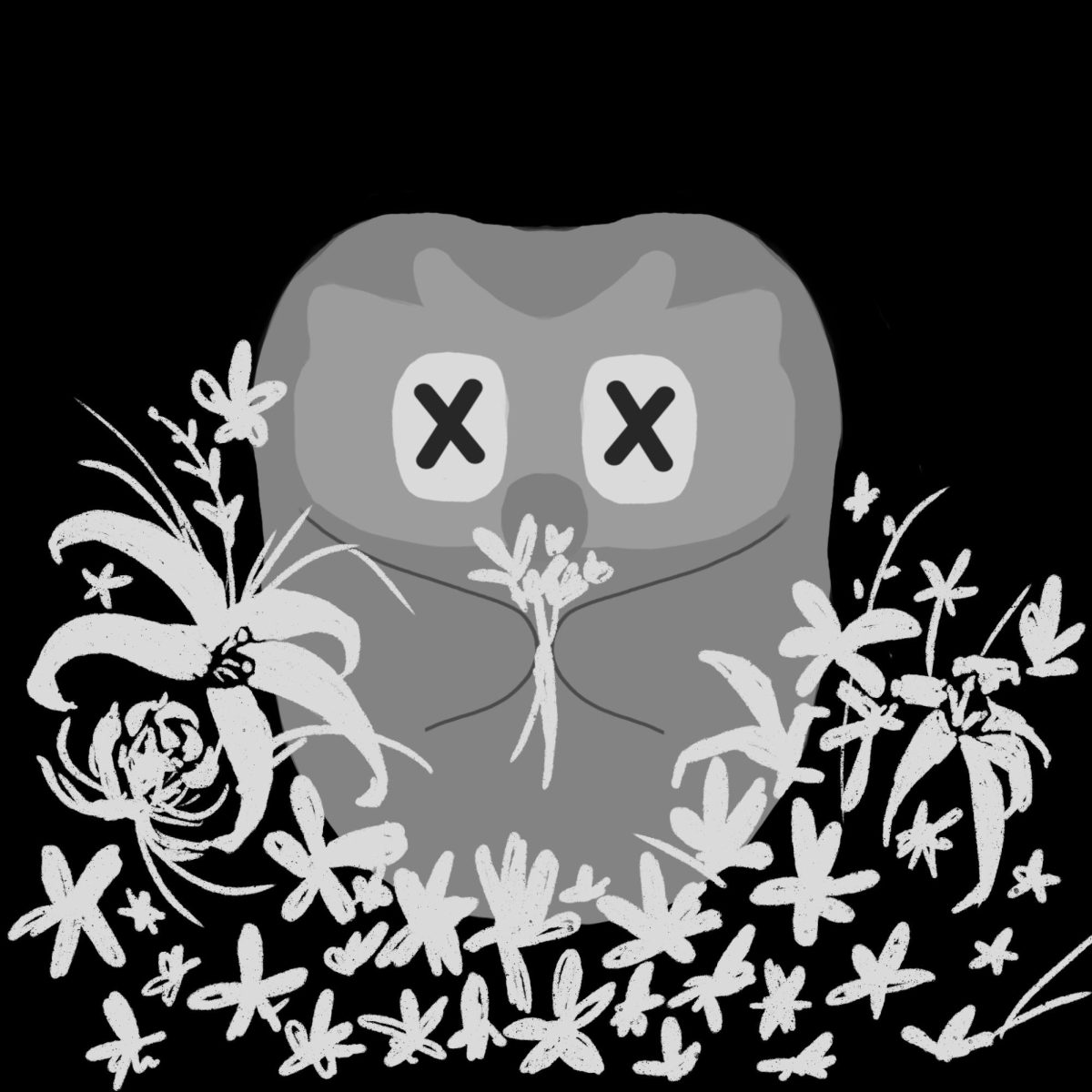Random Acts of Kindness
January 21, 2004
Shea Christilaw and Jamie Davis began their student group to address an undeniable, yet… Shea Christilaw and Jamie Davis began their student group to address an undeniable, yet frequently ignored, problem at Pitt: grouchiness.
“We were tired of all the miserable faces at Pitt, so we decided that it needed a little bit of kindness,” Christilaw said.
At last August’s Activities Fair, Christilaw and Davis passed out flyers with the compliment “nice ass.” On the other side of the fliers was the name of and meeting information about a new student group, Random Acts of Kindness.
RAK’s purpose is just what its name implies – the group performs simple deeds for others in an effort to make life at Pitt a little more pleasant. Aside from complimenting passers-by on their bums, RAK has handed out Hershey’s Kisses in the Schenley Quad, assembled “survival packs” with coffee and squeezable stress balls for advisers during the scheduling period, and passed out event schedules and campus maps one night during Homecoming weekend.
They do not have a religious or political message. They are not selling anything. They just want to see people smile.
“It’s so cute, and it makes people happy,” said co-president Jamie Davis about the group’s projects, which are known as “RAKing.”
In November, the group celebrated Kindness Week by giving out Smarties candy in the library (get it? Smarties in the library) and hot cocoa outside Litchfield Towers. They also gave out cookies and coffee to Port Authority bus drivers.
The group is also involved in more structured service projects. They have volunteered at the Schenley Heights Food Bank and the Center for Creative Play, a learning environment geared toward handicapped children.
Because RAK is a new group and has not yet had the opportunity to apply for Student Government Board money, the group members fund all of their activities themselves.
“A lot of people think it’s cheesy, and maybe it is, a little bit,” RAK member Ben Pilcher said, “but, like we always say after an event, if you brighten one person’s day, it makes it all worthwhile.”
“Cheesy, I know,” he said, laughing, “but that’s how I feel.”
They may be cheesy, but Pilcher and company are hardly alone. RAK is part of a global phenomenon that first popped up in the United States in the 1990s at the notoriously free-spirited college town of Berkley, Ca.
Students at the University of California at Berkley began committing “random acts of kindness,” similar to those performed by the Pitt group, in response to the “random acts of violence” that had become frequent in news reports.
In 1993, editors at the self-help and motivational publishing company Conari Press authored “Random Acts of Kindness,” a guidebook for the trend. The book became a hit, and “More Random Acts of Kindness” and “Kids’ Random Acts of Kindness” followed.
In 1995, an anonymous individual established the Random Acts of Kindness Foundation. The group states its missions as “inspiring people to practice kindness and to ‘pass it on’ to others.”
“Globally, people are using our free materials and ideas to start doing acts of kindness in their schools or communities,” said Barbara Gates, the foundation’s director of educational programs “They are, one by one, changing their world, and together we can make a positive difference.”
The organization is unusual among non-profit groups, in that it accepts no donations or membership dues.
“We are funded by one anonymous individual, and he would prefer that people use their money for kindness in their own areas,” Gates said.
Gates said that the foundation is growing exponentially. She said that membership has doubled every year since its founding, and now there are more than 28,000 subscribers on the foundation’s e-mail list.
It should be noted that this movement has not occurred in only the United States. The Random Acts of Kindness Foundation became a founding member of the World Kindness Movement at the Movement’s first meeting in Tokyo in 1996. Today, the Movement has affiliates in 13 countries.
Despite being part of a global phenomenon, Pitt’s Random Acts of Kindness group finds that the trend’s obscurity here often causes people to doubt them.
Last Halloween, the group “reverse trick-or-treated” in the Litchfield Towers. Members, dressed in costume, knocked on doors and attempted to give away candy.
“People were very, very hesitant of taking candy from us,” Vice President Emily Reed said. “They thought we were doing it for some weird reason, not to be nice and give them candy.”
“First, they thought it cost money, so we had to tell them it was free,” Reed explained. “But still they were wary about it.”
Christilaw and Davis think students hesitated because RAK is a new group and students are not yet used to their presence.
“I don’t think [students] expect it,” Davis said. “I know I have never had anyone come up to me and say, ‘Here, have a lollipop, just because.'”
“If anyone sees us around, we are just trying to be kind and make Pitt a little bit of a brighter place,” Christilaw added.
The group should be easy to spot – they plan to begin wearing T-shirts baring the words “Nice RAK” during group activities this semester.


